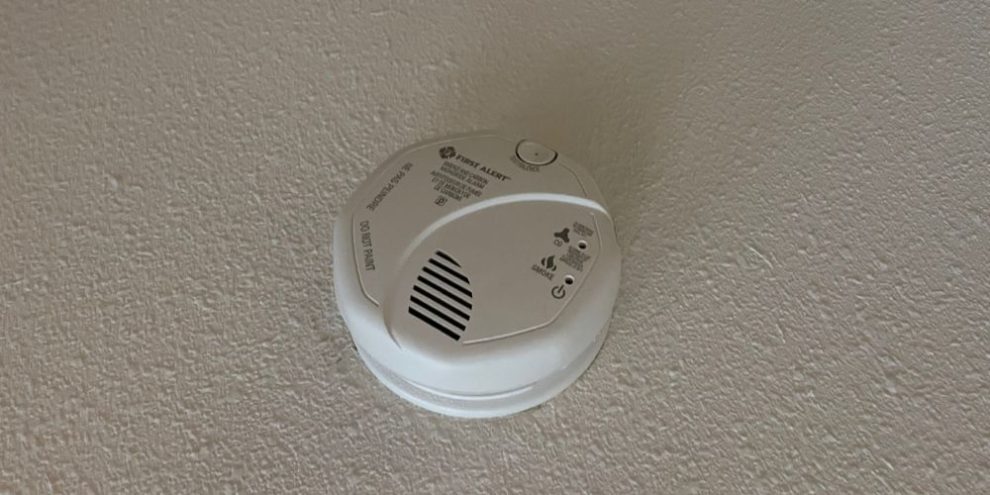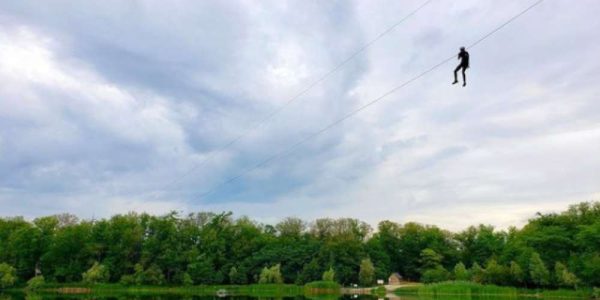
As the weather cools and furnaces kick into gear, Barrie Fire and Emergency Service is sounding the alarm—literally—on carbon monoxide safety. This week marked Carbon Monoxide Awareness Week, and Public Educator Kate Foster has been urging residents to take the invisible threat seriously.
“Carbon monoxide is really a poisonous gas that can be released into our homes depending on how our appliances are functioning—or maybe not functioning, as it were,” Foster explains. “You can’t see it, you can’t taste it, you can’t even smell it, but it can create some really deadly effects.”
Carbon monoxide (CO) is often called the “silent killer” because it’s undetectable without a proper alarm. Exposure can lead to symptoms like headaches, dizziness, nausea, and, in severe cases, death. That’s why early detection is critical.
Barrie's News Delivered To Your Inbox
By submitting this form, you are consenting to receive marketing emails from: Central Ontario Broadcasting, 431 Huronia Rd, Barrie, Ontario, CA, https://www.cobroadcasting.com. You can revoke your consent to receive emails at any time by using the SafeUnsubscribe® link, found at the bottom of every email. Emails are serviced by Constant Contact
Know the Sounds That Save Lives
Modern alarms are equipped with distinct sounds to help residents identify the type of danger. “Typically, when you hear three beeps, that would be an indicator for smoke or fire,” Foster said. “When you hear four beeps, that would indicate carbon monoxide.”
Some newer models even include voice alerts, saying “Fire” or “Carbon Monoxide” to eliminate confusion. And don’t ignore that single chirp—it’s likely a low battery or a sign the alarm has reached the end of its 10-year lifespan.
If you hear the beeps, exit your home as quickly as possible and call 911. Don't call the front desk at the fire station. Fire crews will come out and test the air to see what might be malfunctioning and what's going on.
“It's always a better safe-than-sorry situation,” Foster said. “We would rather come out and do that test for you than have to respond to a call where maybe you're unconscious.”
New Ontario Fire Code Changes Coming January 1, 2026
Starting January 1, updates to the Ontario Fire Code will require carbon monoxide alarms on every level of your home, not just near sleeping areas. This change aligns CO alarm placement with existing smoke alarm regulations.
“If you have a fuel-burning appliance, a fireplace, or an attached garage, you’ll need CO alarms outside sleeping areas and on every level—even if no one sleeps there,” Foster emphasized.
Renters and Landlords: Know Your Responsibilities
For renters, the responsibility for installing and maintaining alarms falls on landlords. Tenants, however, must not tamper with or disable alarms. “If you're frustrated because they sound when you're making toast or cooking, it could just be the wrong type is there,” Foster noted. “Never take it down. That’s actually against the law.”
Stay Informed and Stay Safe
Barrie Fire encourages residents to visit barrie.ca/fire or barrie.ca/firesafety for more information. For updates on the Ontario Fire Code changes, visit ontario.ca/carbonmonoxide.
Our full interview with Kate Foster is on this week's What Barrie's Talking About podcast, posted below.











